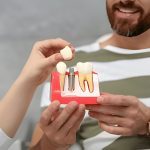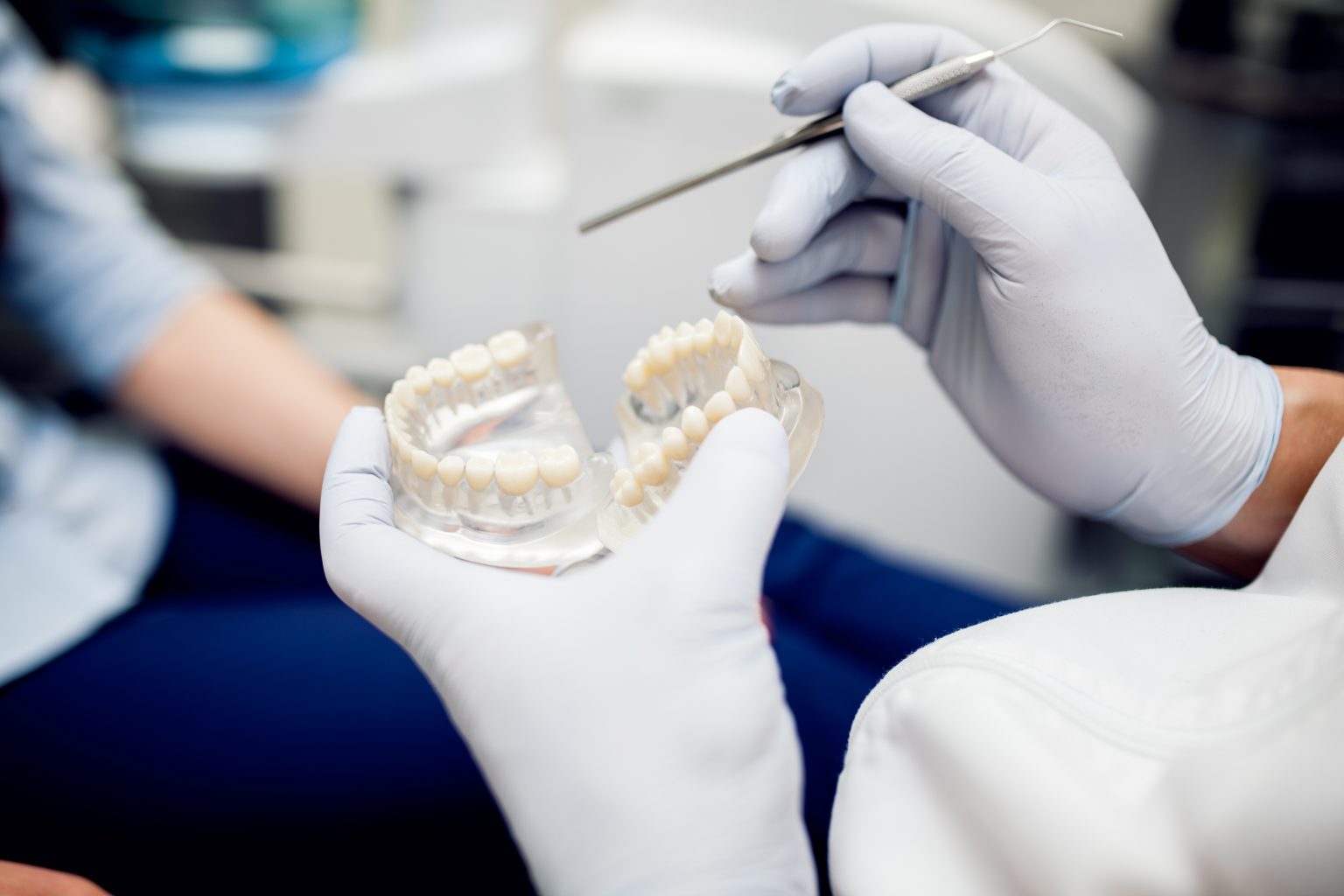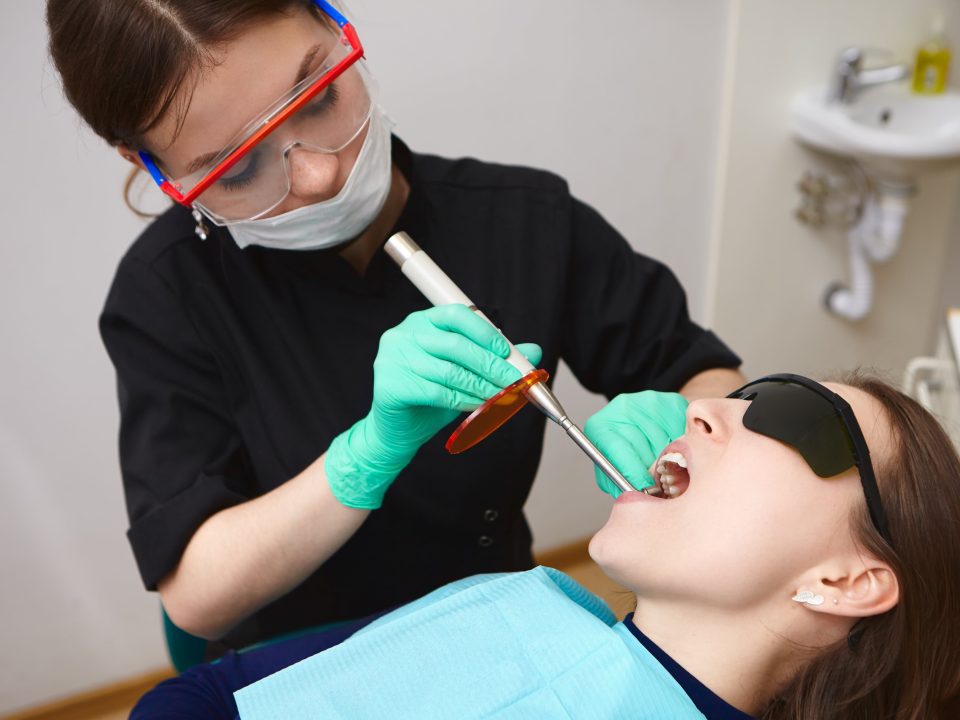Dental extractions, or the removal of teeth, are sometimes necessary to maintain oral health and prevent complications. While advancements in dentistry aim to preserve natural teeth whenever possible, certain circumstances may warrant the extraction of one or more teeth. In this article, we’ll explore common reasons for dental extractions and provide tips on how to prevent them, with a focus on dental care in Plano.
Understanding Dental Extractions:
Dental extractions involve the removal of a tooth from its socket in the jawbone. While extractions are typically associated with wisdom teeth, they may also be necessary for other reasons, including:
- Severe Tooth Decay: Advanced tooth decay that compromises the structural integrity of the tooth may require extraction to prevent the spread of infection and preserve oral health.
- Gum Disease: Untreated gum disease can lead to periodontal pockets and bone loss around the teeth, resulting in loose teeth that may need to be extracted to prevent further damage.
- Impacted Wisdom Teeth: Impacted wisdom teeth, or third molars, may become trapped beneath the gumline or unable to fully emerge, leading to pain, infection, and damage to adjacent teeth.
- Crowding: Overcrowding of teeth may necessitate the removal of one or more teeth to create space for proper alignment and prevent bite problems.
- Trauma: Traumatic injuries to the teeth, such as fractures or severe cracks, may require extraction if the damage is extensive and cannot be repaired through other means.
- Orthodontic Treatment: In some cases, dental extractions may be recommended as part of orthodontic treatment to alleviate crowding and achieve optimal alignment of the teeth.
Preventing Dental Extractions:
While certain dental extractions may be unavoidable, there are steps you can take to minimize the risk and preserve your natural teeth:
- Maintain Good Oral Hygiene: Brushing your teeth twice a day, flossing daily, and visiting your dentist in Plano regularly for check-ups and cleanings are essential for preventing tooth decay and gum disease.
- Address Dental Issues Promptly: Seek prompt treatment for any dental issues, such as tooth decay or gum disease, to prevent them from progressing to the point where extraction becomes necessary.
- Practice Preventive Dentistry: Incorporate preventive measures such as dental sealants and fluoride treatments to protect your teeth against decay and strengthen enamel.
- Attend Regular Dental Check-ups: Regular dental check-ups allow your dentist to monitor your oral health, detect any potential issues early, and provide timely intervention to prevent the need for extractions.
- Maintain a Healthy Lifestyle: Adopting a healthy lifestyle that includes a balanced diet, regular exercise, and avoiding tobacco use can contribute to overall oral health and reduce the risk of dental problems.
- Follow Orthodontic Recommendations: If you’re undergoing orthodontic treatment, follow your orthodontist’s recommendations closely to ensure optimal results and minimize the need for extractions.
Expert Dental Care in Plano:
When it comes to preventing dental extractions and maintaining optimal oral health, choosing a trusted dentist is essential. In Plano, residents have access to a variety of dental professionals who specialize in preventive and restorative dentistry. Whether you’re seeking routine dental care, treatment for dental issues, or guidance on preventive measures, a qualified dentist can help you achieve and maintain a healthy smile for years to come.
Conclusion:
While dental extractions may be necessary under certain circumstances, they can often be prevented through proactive oral care and preventive measures. By maintaining good oral hygiene, addressing dental issues promptly, and seeking regular dental check-ups, you can minimize the risk of extractions and preserve your natural teeth for a lifetime. With expert dental care in Plano and a commitment to preventive dentistry, you can enjoy a healthy, beautiful smile for years to come.




